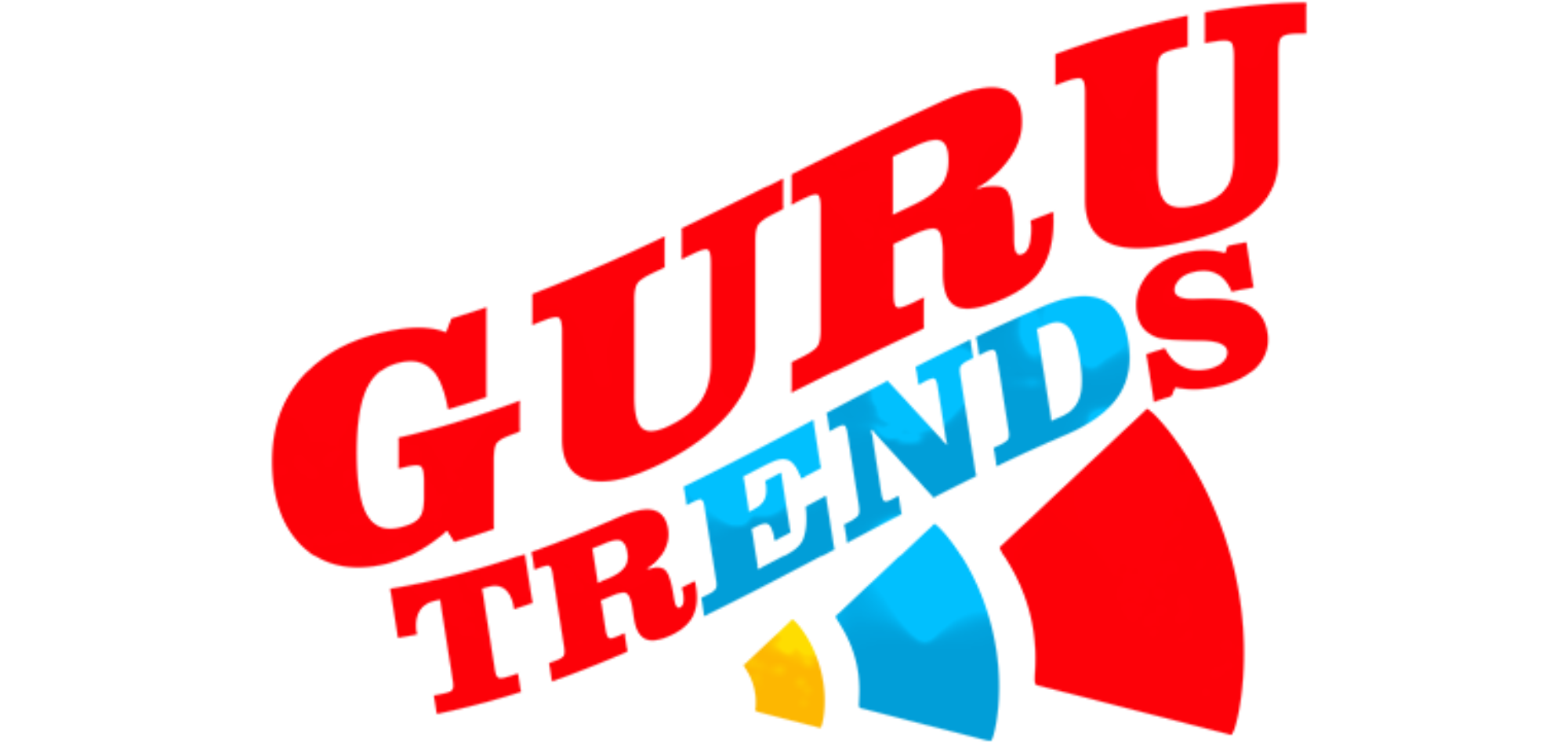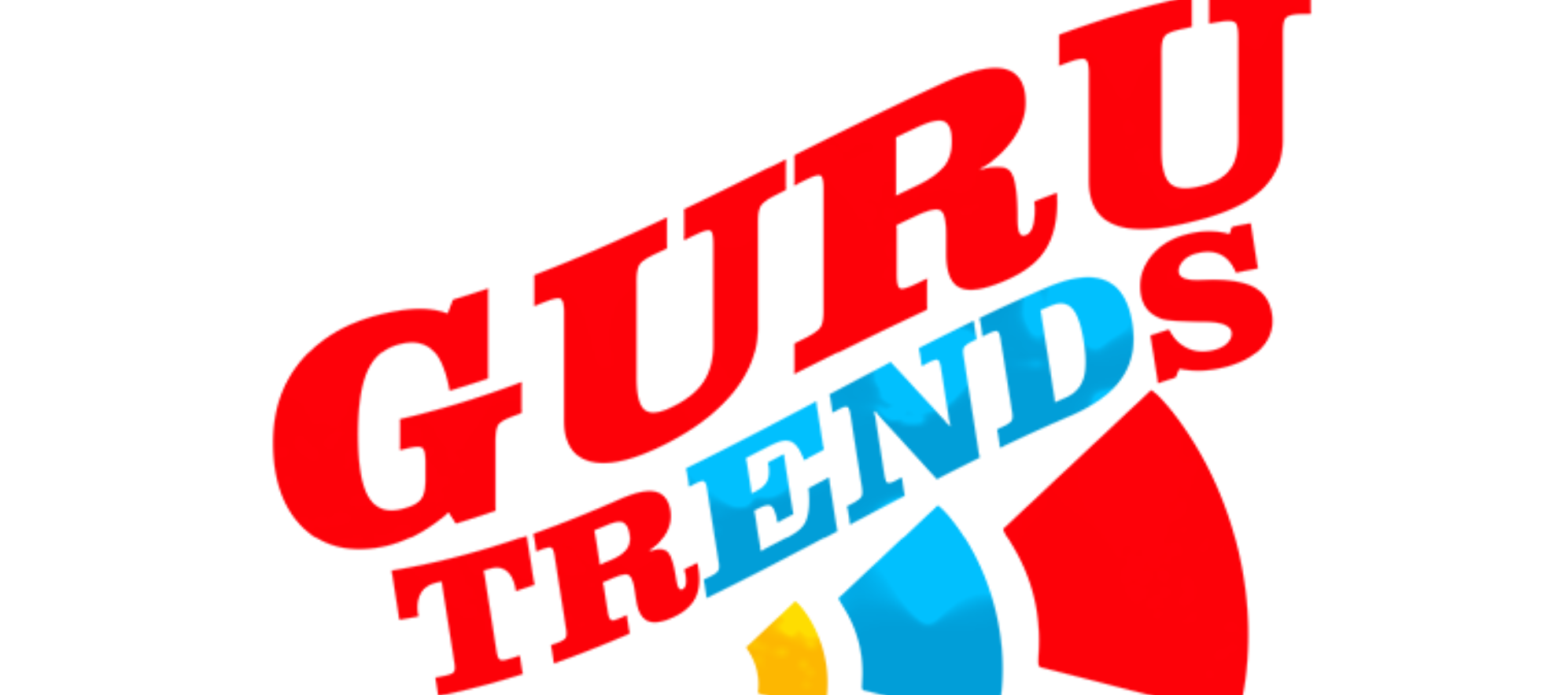


FAST DOWNLOAD
Paul Pogba was “sad, shocked and heartbroken” after being hit with a four-year ban from football in February for testing positive for dehydroepiandrosterone (DHEA). The Frenchman’s reputation was in ruins, his time at the highest level effectively over. “Everything I have built in my professional career has been taken away from me,” he said.
Pogba insisted, though, that he was not a doper; that he had never “knowingly or deliberately” taken any banned substances. Last month, the Court of Arbitration for Sport (CAS) partially upheld Pogba’s appeal against the original ruling made by the Italian National Anti-Doping Agency (NADO), explaining that while the midfielder was “not without fault and that, as a professional football player, he should have paid a greater care in the circumstances”, the offence was “not intentional”. Consequently, Pogba’s suspension was reduced to 18 months.
“The nightmare is finally over,” Pogba said in a statement. “Following the CAS decision, I can look forward to the day when I can follow my dreams again.
“I have always stated that I never knowingly violated the rules of the World Anti-Doping Agency (WADA) when I took a nutritional supplement prescribed to me by a doctor that does not affect or improve the performance of male athletes. Although I must accept that this is a strict liability offence, I want to thank the judges who listened to my explanations.
“This has been a very painful period in my life, because everything I have worked hard for has been put aside. I thank you again for all the love and support. I can’t wait to get back on the pitch.”
However, while we know when Pogba will be free to return to action – in March of next year – we don’t yet know where. The only certainty is that he’ll never play for Juventus again, with his inevitable release finally confirmed on Friday.











